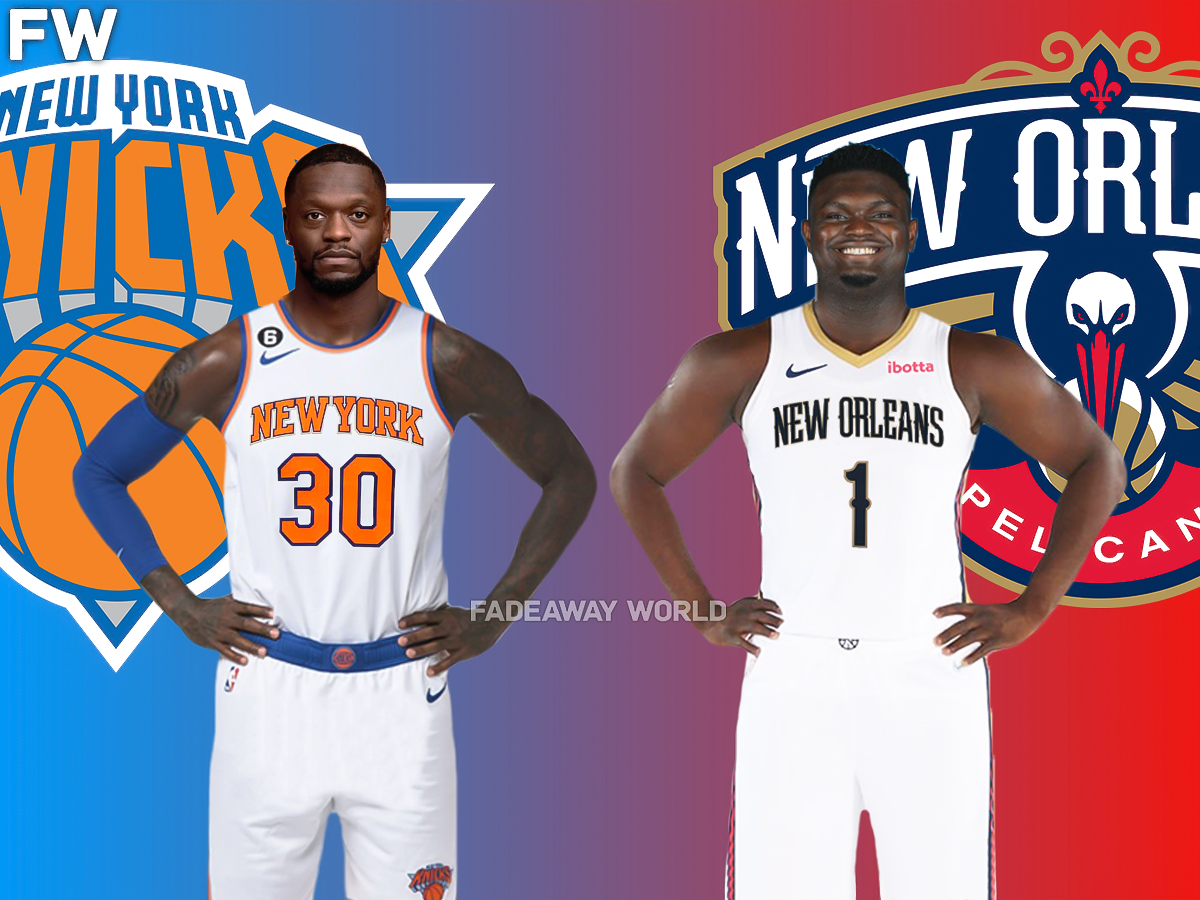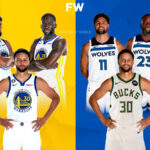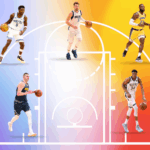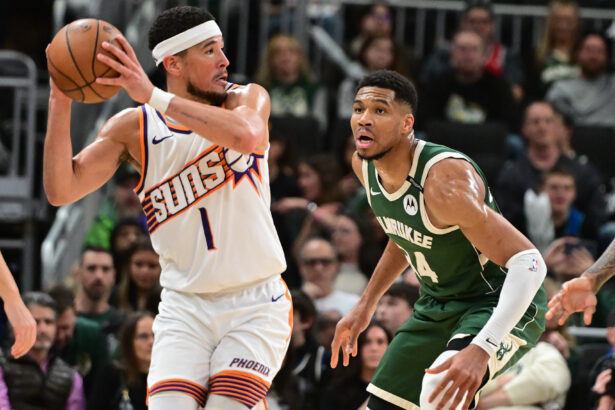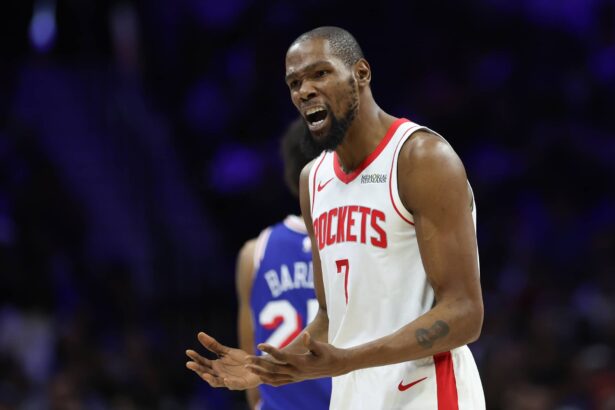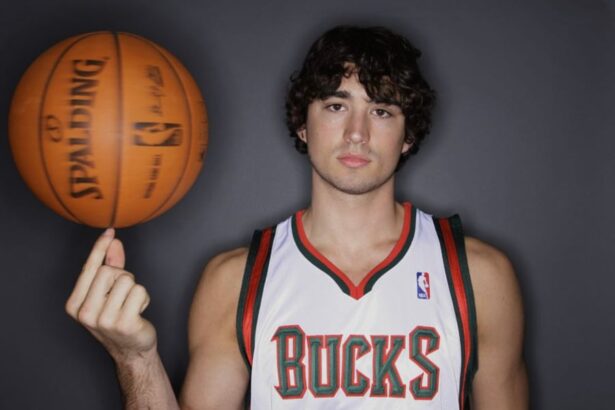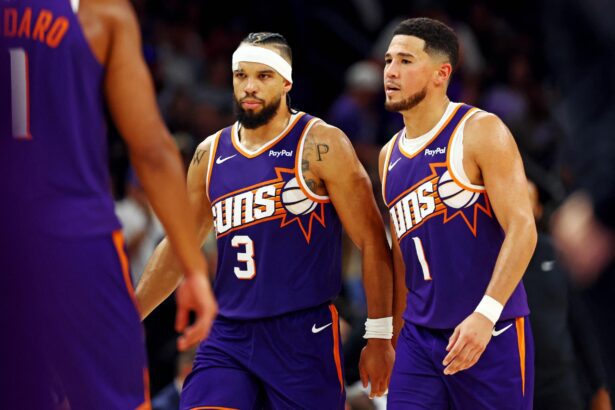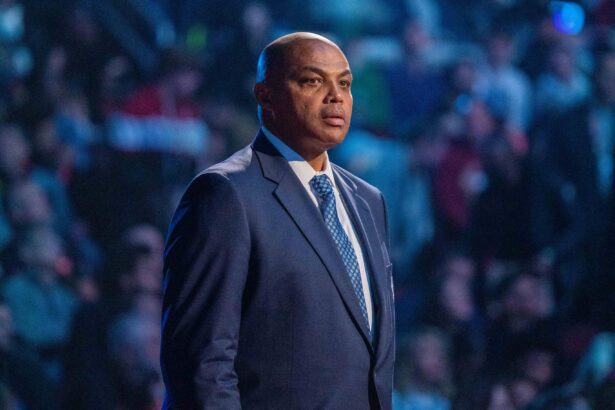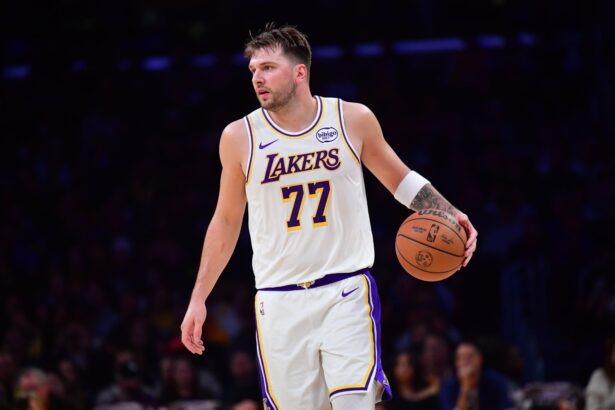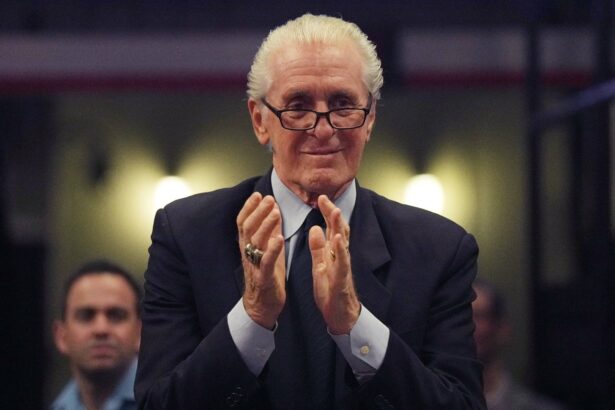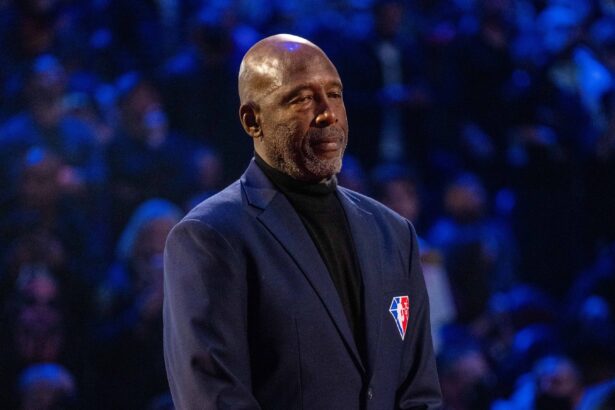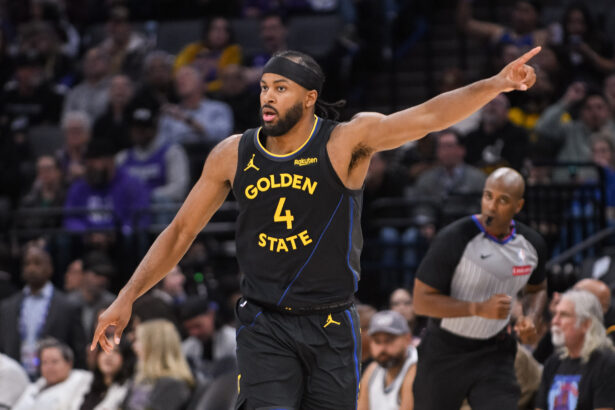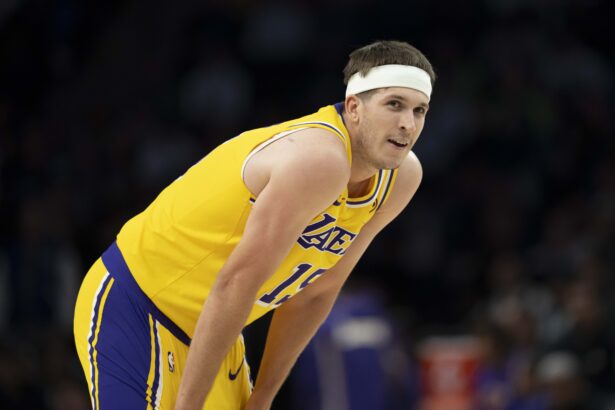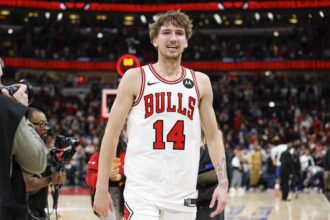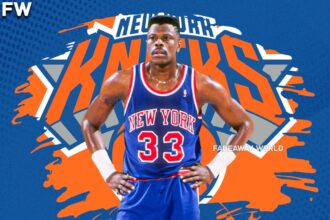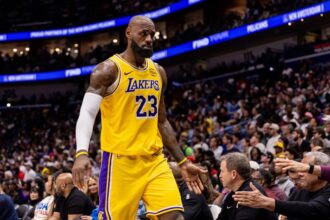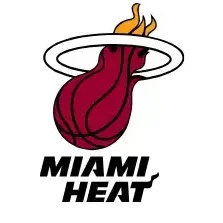In the high-stakes world of NBA basketball, debates about potential trades and acquisitions are as common as buzzer-beaters. One such hot topic circulating among New York Knicks fans is the possibility of acquiring Zion Williamson. However, a closer look at the current state of the team, coupled with Julius Randle’s stellar performance, raises the question: Do the Knicks really need Zion? Let’s delve into the numbers, team dynamics, and financial implications of such a move.
Julius Randle’s Big Contributions
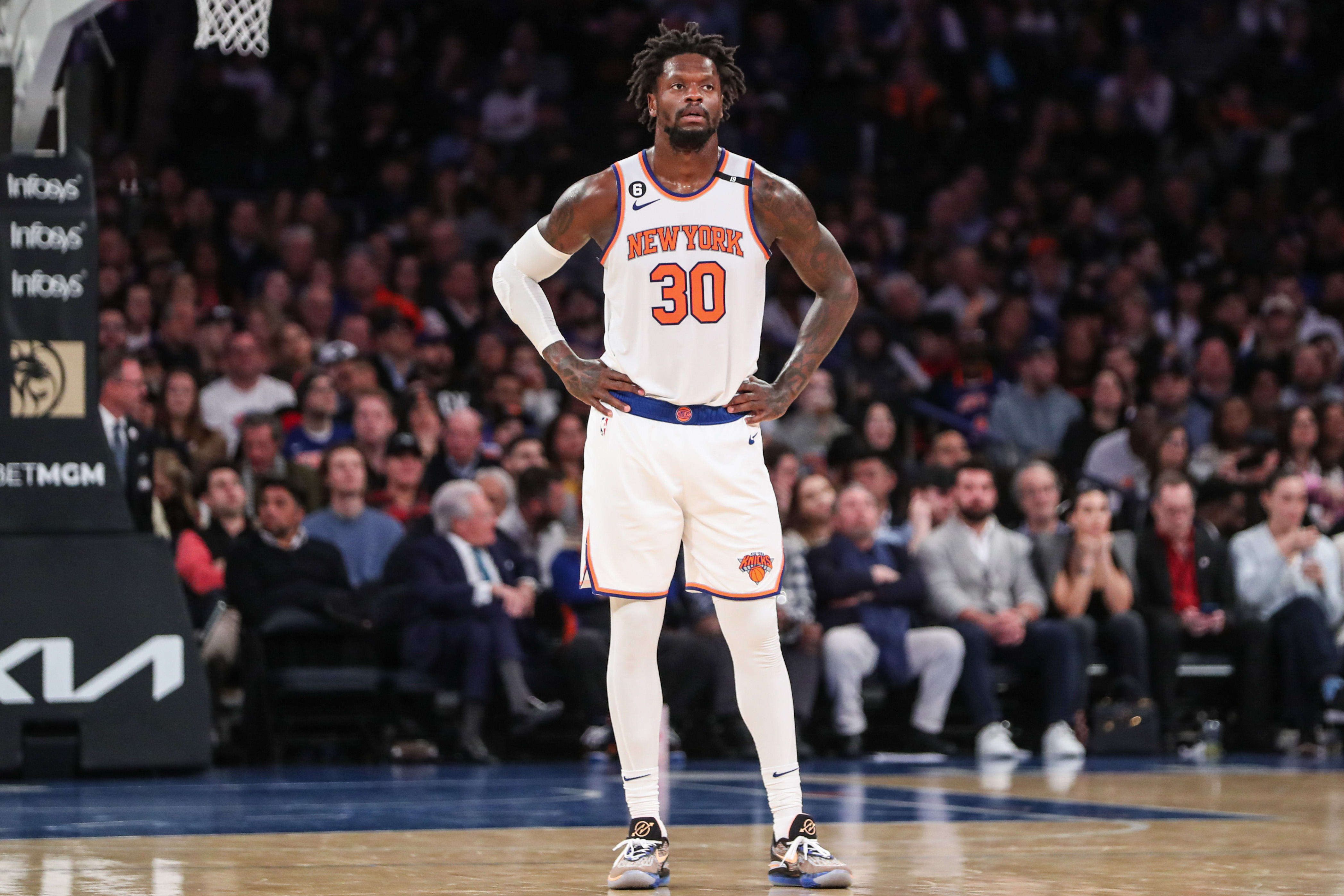
Julius Randle’s impact on the New York Knicks goes beyond mere statistics; it’s a testament to his leadership and ability to elevate the team’s performance. The phrase “nothing short of spectacular” may even undersell the transformative effect he has had on the Knicks’ fortunes this season.
Randle’s versatility is a cornerstone of the team’s success, as he seamlessly contributes to various facets of the game. Averaging an impressive 24.3 points, 9.3 rebounds, and 4.7 assists per game, Randle has emerged as a linchpin of the Knicks’ offense. His ability to create scoring opportunities for himself and his teammates makes him a constant threat on the court.
In the last five games, Randle has taken his game to another level, showcasing a scoring prowess that few can match. Averaging an astounding 29.8 points, 8.2 rebounds, and 3.6 assists during this stretch, he has not only maintained but exceeded the high standards he has set for himself. The recent showdown against the Wizards, where Randle dropped an impressive 39 points, serves as a microcosm of his ability to single-handedly influence the outcome of a game. This performance not only solidifies his status as the go-to player but also underscores his clutch factor, a quality indispensable for a team eyeing playoff success.
Moreover, Randle’s impact extends beyond the court; he has become a symbol of hope and resurgence for Knicks fans. The franchise, which has endured its fair share of struggles in recent years, is now reaping the rewards of Randle’s dedication and stellar performances. The 21-15 record that places them 6th in the Eastern Conference is not just a statistic but a reflection of the newfound competitiveness.
The Zion Williamson Problem
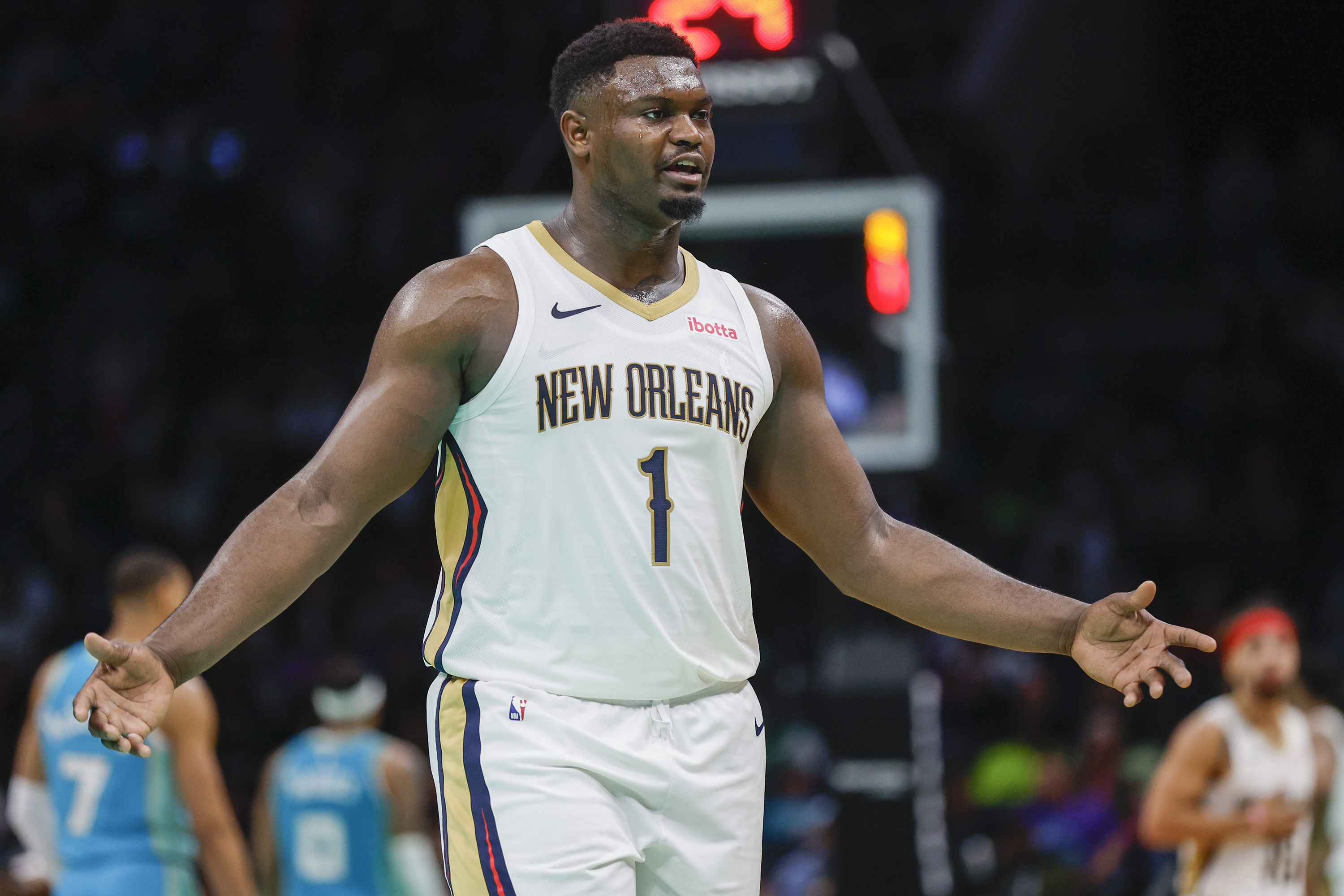
Zion Williamson, the once-budding star of the NBA, has found himself facing the scrutiny of his own expectations. While undeniably a talented player, the shadow of his remarkable 2020-21 season looms large over his current performance. This year, Zion’s averages of 21.8 points, 6.0 rebounds, and 4.5 assists are nothing to scoff at, yet they pale in comparison to the heights he reached just a season ago.
During the 2020-21 campaign, Zion showcased his potential to be a dominant force on the court, posting staggering numbers of 27.0 points, 7.2 rebounds, and 3.7 assists in 61 games. His remarkable ascent to the All-Star game that year solidified his status as one of the league’s most promising young talents. However, the stark contrast between his previous season and the current one raises questions about his ability to sustain that elite level of performance.
One cannot ignore the red flags that have surfaced around Zion’s game. Recurring issues with overweight and the specter of frequent injuries have cast a shadow over his reliability on the court. The NBA is a grueling, physically demanding league, and players are often judged not just by their skill but by their durability. In this aspect, Zion’s struggle with maintaining optimal physical condition has become a cause for concern.
The 2022 playoffs serve as a stark reminder of the uncertainties surrounding Zion’s availability during crucial moments. The New Orleans Pelicans made it to the first round, a significant achievement for the franchise, yet Zion was notably absent due to injury. In the unforgiving arena of playoff basketball, where every possession counts, having a star player sidelined can be a fatal blow. This raises legitimate questions about Zion’s ability to carry a team deep into the postseason, a quality that is essential for any player with aspirations of greatness.
Furthermore, there’s an eerie parallel between Zion Williamson and Julius Randle in the present moment. While Zion has the potential to be an All-Star and, perhaps, a future Hall of Famer, his current status is marred by inconsistent performances and lingering health concerns. In contrast, Julius Randle, the unsung hero of the Knicks, is not only delivering on the court but doing so with remarkable consistency and durability.
The comparison becomes even more intriguing when considering the financial implications. Zion’s current contract, valued at $34.0M per season over the next four years, is a significant investment for any team. However, if his availability continues to be hampered by injuries, this could quickly turn into an expensive gamble. The New York Knicks, with their eyes on long-term success, must weigh the potential return on investment against the uncertainty that comes with Zion’s injury-prone status.
Randle’s Crucial Impact In New York Lately
As previously noticed, Julius Randle’s influence on the New York Knicks goes beyond individual brilliance; it’s about steering the collective toward success. The Knicks, under Randle’s stewardship, have found themselves not just competing but thriving in the tough landscape of the Eastern Conference.
Randle’s impact on team performance is evident in the Knicks’ 21-15 record, securing them the 6th spot in the Eastern Conference standings. This achievement is no small feat for a team that has grappled with inconsistency in previous seasons. Randle’s ability to elevate the play of those around him has turned the Knicks into a formidable force, a team that opponents now approach with a sense of caution.
Contrast this with the New Orleans Pelicans, a team that, despite Zion Williamson’s contributions, sits at a 7th position in the competitive Western Conference with an 18-12 record. While Zion’s individual brilliance is unquestionable, the team’s position raises questions about the overall impact of a star player on team dynamics. It’s a reminder that success in the NBA is not just about having a singular talent but about how that talent meshes with the team’s identity and objectives.
The Knicks’ climb in the standings is not solely a statistical achievement; it symbolizes a cultural shift within the organization. Randle’s leadership, both on and off the court, has instilled a winning mentality. On the contrary, the Pelicans, despite Zion’s undeniable skills, seem to struggle with consistency. Team dynamics in basketball are complex, and the ability to synchronize individual talents into a cohesive unit is a challenge that many franchises face.
Going All-In For Zion Is A Risky Bet For New York
Beyond the numbers and team standings, another aspect that distinguishes Julius Randle from Zion Williamson is the intangible factor of reliability. In the unpredictable landscape of professional basketball, having a player who can consistently deliver when it matters most is invaluable. Randle has proven himself as a durable and dependable force, missing minimal game time due to injuries.
This reliability factor becomes even more critical when considering the rigors of playoff basketball. The postseason is a different beast, where every possession, every rebound, and every point carries heightened significance. Randle’s presence in such a high-stakes environment, backed by his track record of durability, is a reassuring factor for the Knicks as they eye a deep playoff run.
Contrastingly, Zion’s recurring injuries have created a cloud of uncertainty around his postseason availability. The 2022 playoffs saw the Pelicans in the first round, but Zion was sidelined, leaving fans and teammates alike pondering what might have been. In a league where championships are often decided by the narrowest of margins, the ability of a star player to remain healthy and impactful becomes a defining factor in a team’s championship aspirations.
Considering the uncertainties surrounding Zion’s health and his unproven ability to carry a team through the playoffs, this financial commitment becomes a risk. The New York Knicks, with a careful eye on long-term success, must weigh the potential returns against the substantial investment required. Building around a player like Randle, who not only contributes significantly on the court but also allows financial maneuverability for roster improvements, may prove to be a more prudent strategy.
In essence, the debate about whether the Knicks need Zion Williamson pivots on factors beyond individual talent. It involves assessing the impact on team dynamics, reliability in crucial moments, and the long-term financial implications of such a move.

